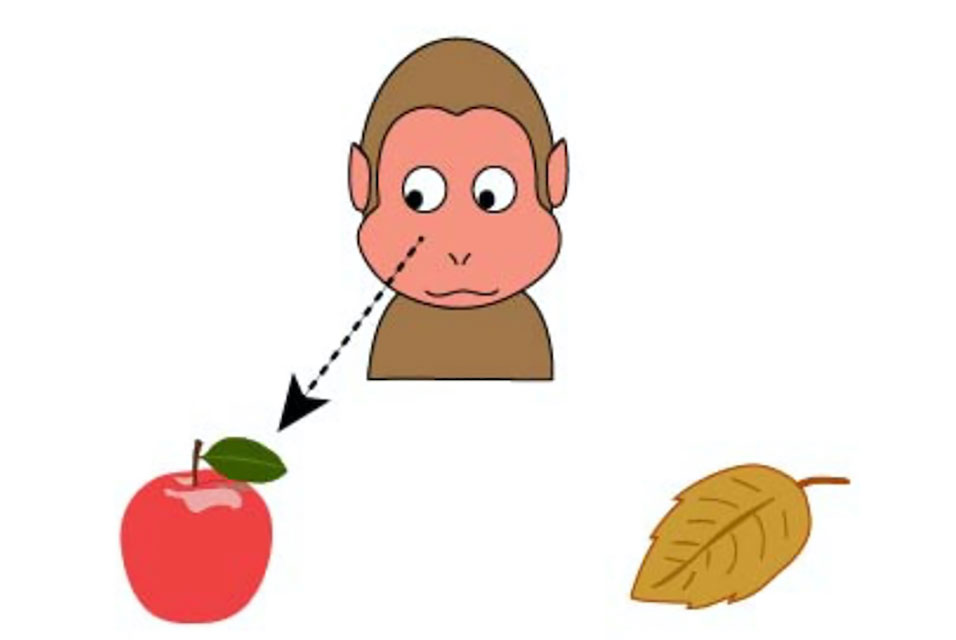MONTREAL.- McGill University professor Stephen Yue and Dr. Chen Liang, a researcher at the McGill AIDS Centre and Lady Davis Institute, received an NSERC Alliance COVID-19 grant to produce a cost-effective, production-ready antiviral coating that could significantly reduce the rate of SARS-CoV-2 transmission on high-touch metallic surfaces in public spaces such as schools, office buildings, and clinics. The work will be carried out in collaboration with a team of researchers from the National Research Council of Canada (NRC) and industry partners Polycontrols, Hatch, and 5N Plus.
The antiviral coating consists of copper (Cu) alloys, which have proven to be safe and effective at reducing bacteria and inactivating RNA viruses. Applying the coating through a cold spray process is shown to efficiently decontaminate surfaces. The anti-SARS-CoV-2 properties of the engineered materials will be tested in the containment level 3 COVID facility that is led and funded by the McGill Interdisciplinary Initiative in Infection and Immunity (MI4).
“Our initial trial data, obtained in collaboration with the National Research Council of Canada, demonstrates the efficiency of the coating in deactivating 99.9% of human coronavirus in 30 minutes,” said Yue, a James McGill Professor in the Faculty of Engineering. “There is an entire value chain in Canada around cold spray technology which can be rapidly activated and deployed to help reduce the spread of SARS-CoV-2 in public spaces, such as hospitals and public transit and which will benefit tremendously from this research.”
As part of this project, the McGill and NRC researchers will develop and test the high-performance antiviral coatings at the McGill-NRC cold spray facility. This work will be done in collaboration with industry partners Polycontrols, Hatch, and 5N Plus, who will provide key expertise in the preparation of the powder feedstock materials, identification of relevant high-touch surface components, and manufacturing process that will be carried out at the NRC’s and Polycontrols’ joint facility, PolyCSAM. PolyCSAM was specifically created for cold spray additive manufacturing (CSAM).










